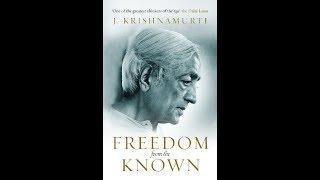What Meditation Did the Buddha Practice to Achieve Enlightenment?
#meditation #enlightenment #buddha #Vipassana #jhana
The Buddha introduced a completely new concept of meditation to the world. Before the Buddha, meditation was something you did once or twice a day, for an hour in the morning and an hour in the evening, and that was all. The Buddha brought a completely new understanding of the entire meditation process. He stated that the type of meditation you practice for an hour in the morning and an hour in the evening, or perhaps four or five times a day, is not very valuable. Meditation cannot be something you separate from life for an hour or fifteen minutes. It must resonate with life, as natural as breathing. You cannot just breathe for an hour in the morning and an hour in the evening because if that were the case, the evening would never come. It must be like breathing— even when you are asleep, you breathe. You might be in a coma, but you continue to breathe.
The Buddha stated that meditation must be a constant phenomenon; only then can it transform you. And he introduced a new meditation technique. His greatest contribution to the world was Jhana and Vipassana.Vipassana is a Pali word, the language he often used to speak... because as a prince, he was taught Sanskrit, the language of literature. However, when speaking, he never used this language because it was the language of the clergy and intellectuals, not of the common people. Sanskrit was never a language used for everyday life. It is unique compared to all other languages in the world, used only by the intellectual and scholarly elite; and because it is not understood, not recognized, the masses found it mystical. If translated literally, it means nothing special, even nonsensical, but its sound is full of musicality. It has the most perfect structure among the languages of the world.
But he decided to speak the language of the masses. It was a revolutionary step because the language of the crowd was not grammatically correct. Thanks to being used, thanks to ordinary people changing sounds, tones, the words became easier to use and no longer complicated. Pali is a simple language, and the language of naive, uneducated people. Vipassana is their language.
The literal meaning of the word is "to see," and the metaphorical meaning is "to witness." Siddhartha Gautama, known as the Buddha, chose a type of meditation called "mind meditation." All other types of meditation involve witnessing in various ways. The act of witnessing is present as an essential part in every form of meditation and is unavoidable. The Buddha eliminated everything else and retained only the essential: witnessing (the special seeing).
- Category
- Buddhism




